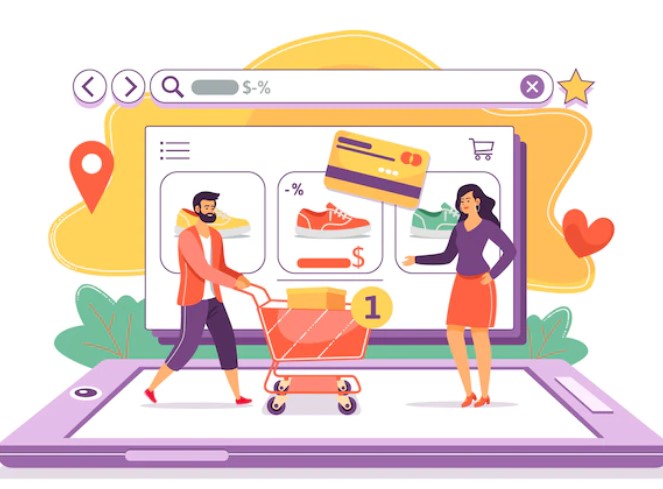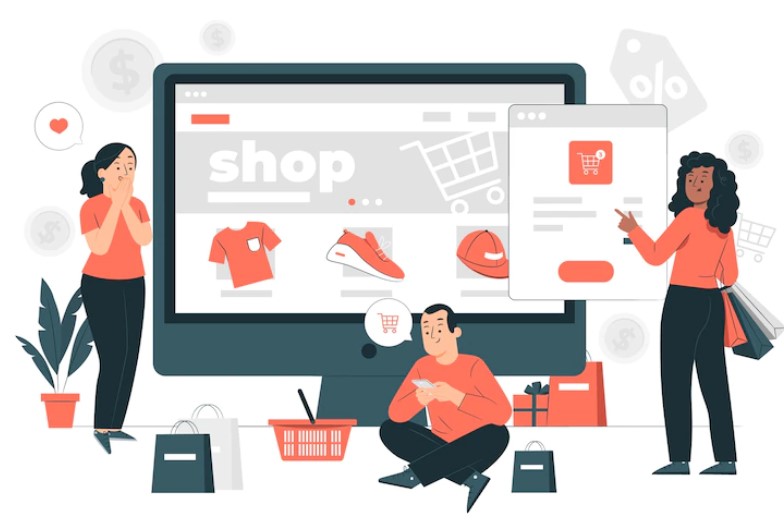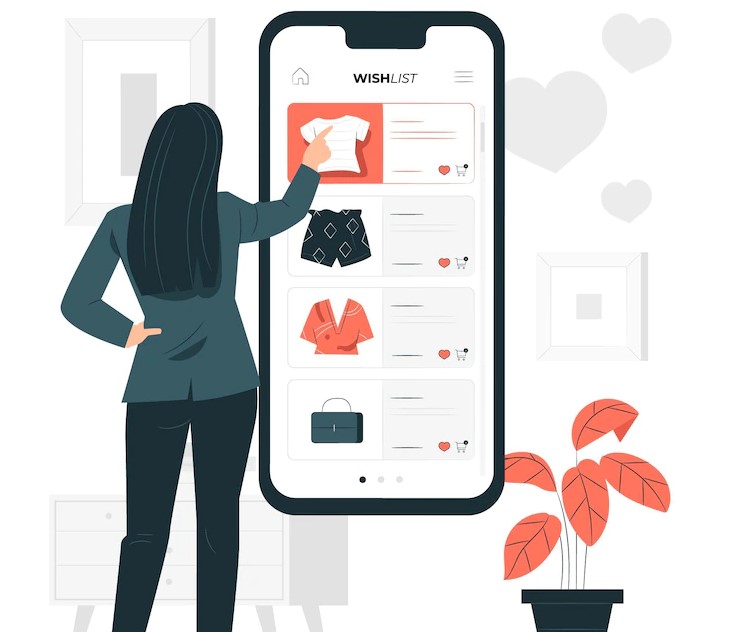
Steps to start an e-commerce business
May 10, 2022
Table of contents
Quick Access

For many traditional companies, the word “e-commerce” gives them chills, because they feel that they are leaving their comfort zone to launch into a completely unknown digital world. And we fully understand the situation, we know that sometimes it is difficult for businesses to adapt to technological changes and new tools.
This happens when it is the case of a physical business that wants to move to the digital world. But if it is a business that seeks to be born in digital, it can be even more frightening since you have to choose from the name to the concept that the online store will have. You start absolutely from scratch creating this e-commerce.
Precisely, that is the main topic of this blog: How can I start an e-commerce business? It is a question that every entrepreneur has asked at some stage. Many are comfortable selling on social media and contacting their customers that way, but let's be clear: this mechanism can be cumbersome for both the seller and the customer.
In that case, creating an e-commerce may be the most appropriate since on the same platform the client will be able to see the stock of products that are in existence, make the purchase, pay and process the shipment. With just a few clicks.
Customers are looking more than ever for efficiency, speed and convenience when making their purchases online. "As consumers become more comfortable buying products online, the e-commerce industry is expected to continue to grow," Amazon said in an article.

How to start an e-commerce from scratch
Define and investigate the idea of your e-commerce
You cannot create an e-commerce just like that, without having a clear or defined project. First you must determine the idea of your e-commerce, what you want to sell and what you want to achieve, and then put together a business plan that allows you to see if it is profitable or not.
Ask yourself these questions, Amazon recommends: “What problem or challenge are you looking to solve? Who feels that pain point more? Who would be more excited for you to solve this challenge? Finding a problem worth solving is crucial, because some ideas, no matter how innovative, can fail when they don't have a supportive audience of customers."
Product validation
After you have well defined the idea of your product and what you want to sell, analyze the market, study how products like yours work. What public responds better, what strategies are the companies using that are competing.

You can also talk to people or groups of people who may be your potential audience and ask what they think of your product and if it could solve the problem they have. For example, if your product is a moisturizer, ask these people to use it and then give you feedback on how their experience was. This can help you see if your business idea is on the right track or if you need to rethink it.
Choose your niche
“To start a successful online business, you have to find the right niche. What is your specialty? What knowledge or marketable skills do you have? Where do those skills fit in the marketplace? What kind of products do you want to sell? You should have an idea of the type of business you are going to run, so start by researching the market. Take a look at other companies in your industry and see what they do right or wrong,” a Mailchimp article detailed.
Create your business plan
“You will need a roadmap to follow to keep your business on track. Once you've decided on all the basics, writing a business plan will help you set goals and get into the details of what you'll really need to run your business and reach your customers", they said in the same article.

How to choose a name for your e-commerce?
It is also a transcendental step, because not only will it define the identity of your business, but it must somehow reflect your product, what you do or what service you are offering. It has to be a short, clear and concise name, easy for customers to understand and remember. There are platforms like Shopify, Oberlo, FreshBooks, and Anadea, among others, that offer free name generators to help you with this name search.
Choice of e-commerce platform
Then comes a stage no less important than the previous one. After defining the product, it is time to choose the platform where you are going to have your e-commerce. There are several such as Shopify, Magento, Drupal Commerce, licensed or open source platforms. Whichever you choose, you must have a team of software engineers or developers by your side to support you in this e-commerce configuration process.
Depending on your type of business or the goals you have set for yourself, there are platforms with preconfigured options that make the e-commerce creation process much faster. If your company offers more complex or particular services or products, then you can choose a more flexible platform and configure it with a programmer.

Once the e-commerce has been created, it is time to promote it
When your e-commerce website is configured and ready for customers, it is also time to promote it on the dissemination channels that you have active, such as social networks. Share your e-commerce on Twitter and Facebook, also on Instagram. And on each of the platforms you can pay Ads so that your product has a greater reach at this start.
It is also important that you publish valuable content on your e-commerce blog, since with the use of the right keywords, you can gain organic positioning, which is very valuable for users to find you faster on Google.
“We also recommend creating your online store page with the intention of attracting new potential customers. Think carefully about your page text, product description, and make sure it adheres to current SEO standards. Make sure your site is simple and easy to navigate," they emphasized in the Mailchimp article.
Do you need a technological partner to guide you in the creation of your e-commerce? Contact us!
We recommend you on video
Related Blogs

How to use data science to improve a company's results?

Machine Learning in Human Resources

Machine Learning Features

Data Science vs Data Analytics

